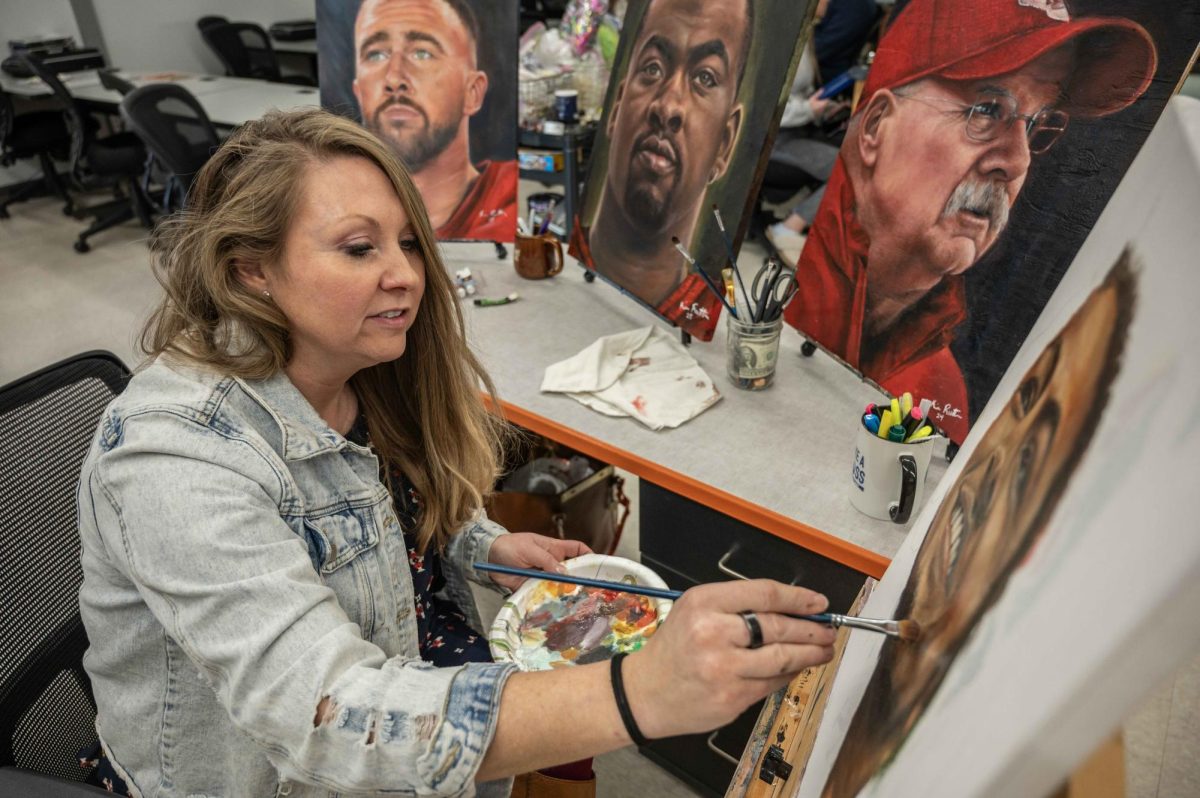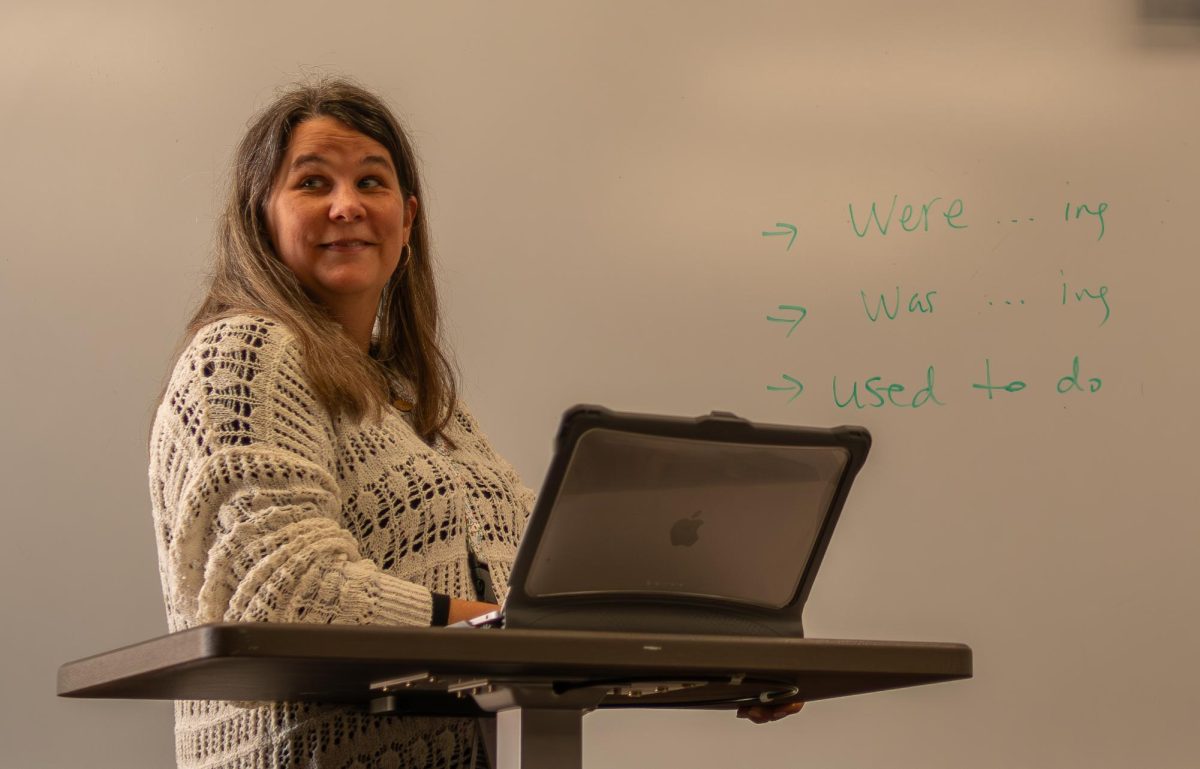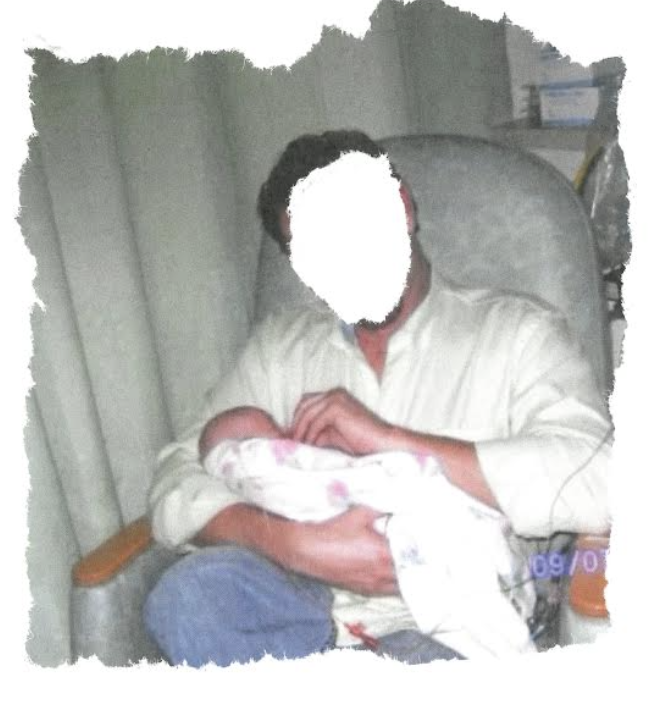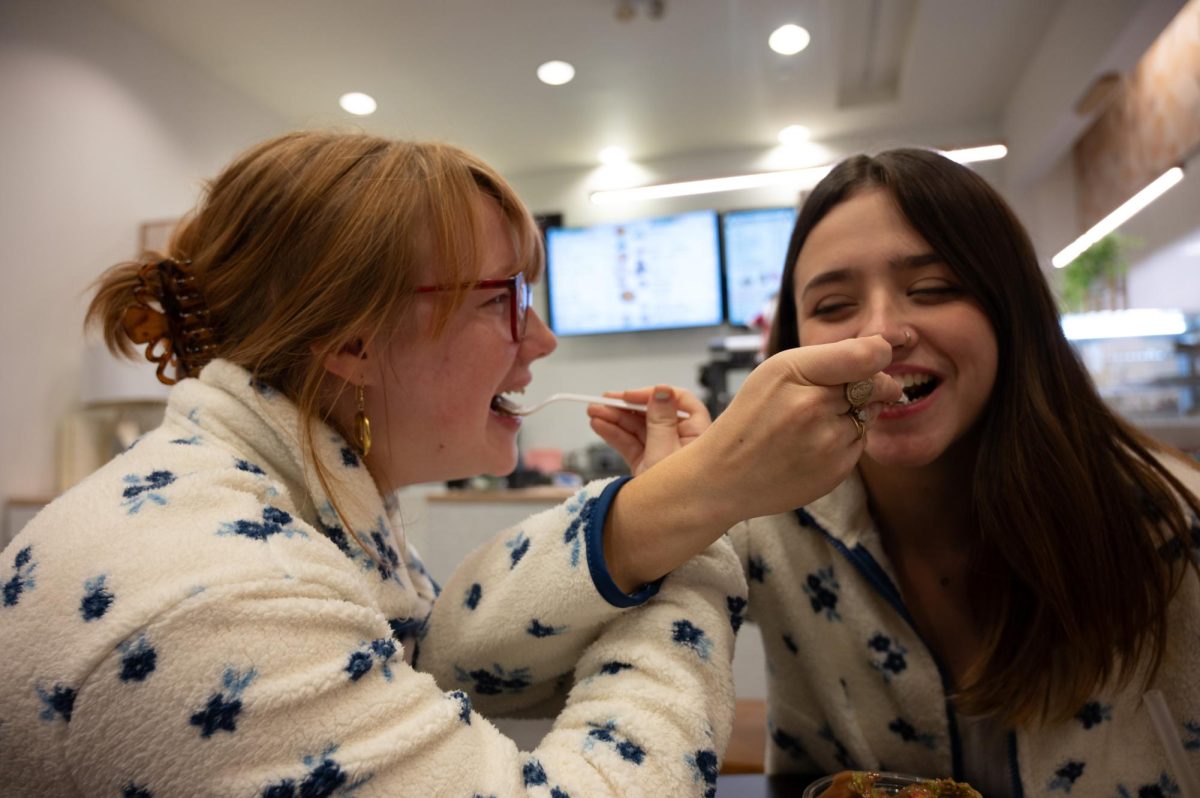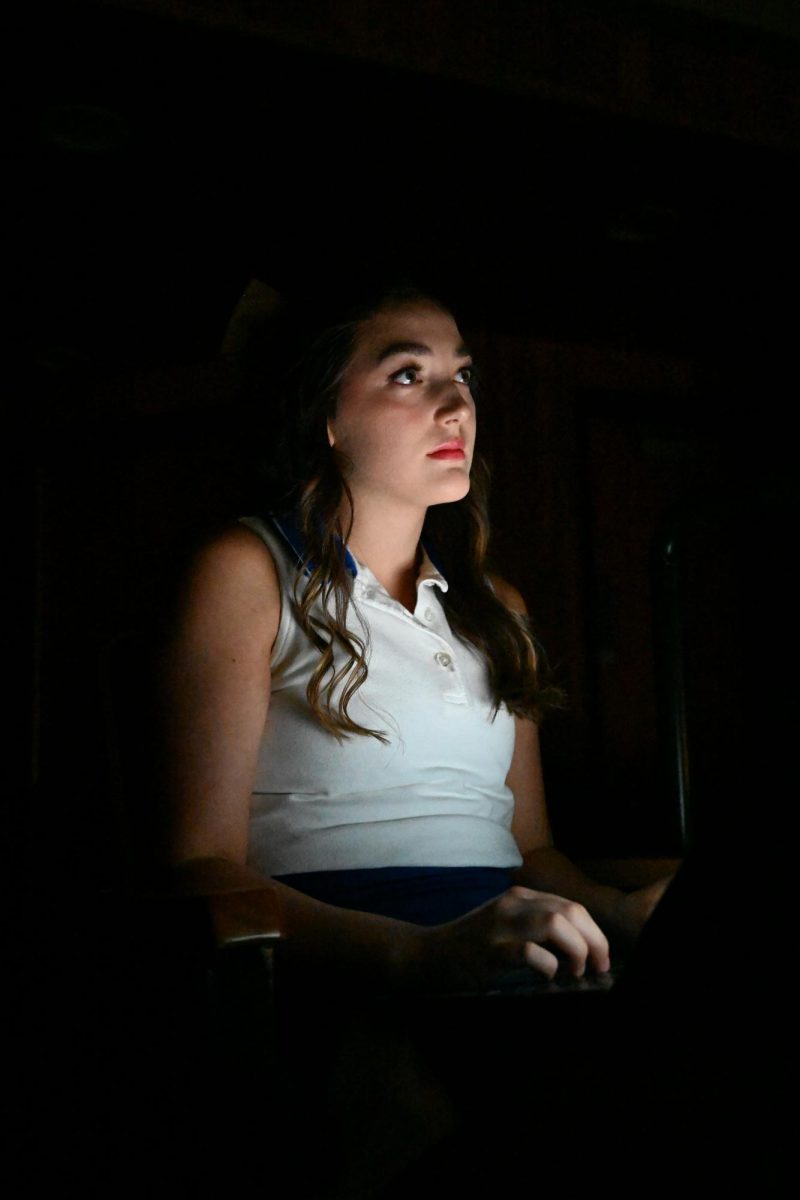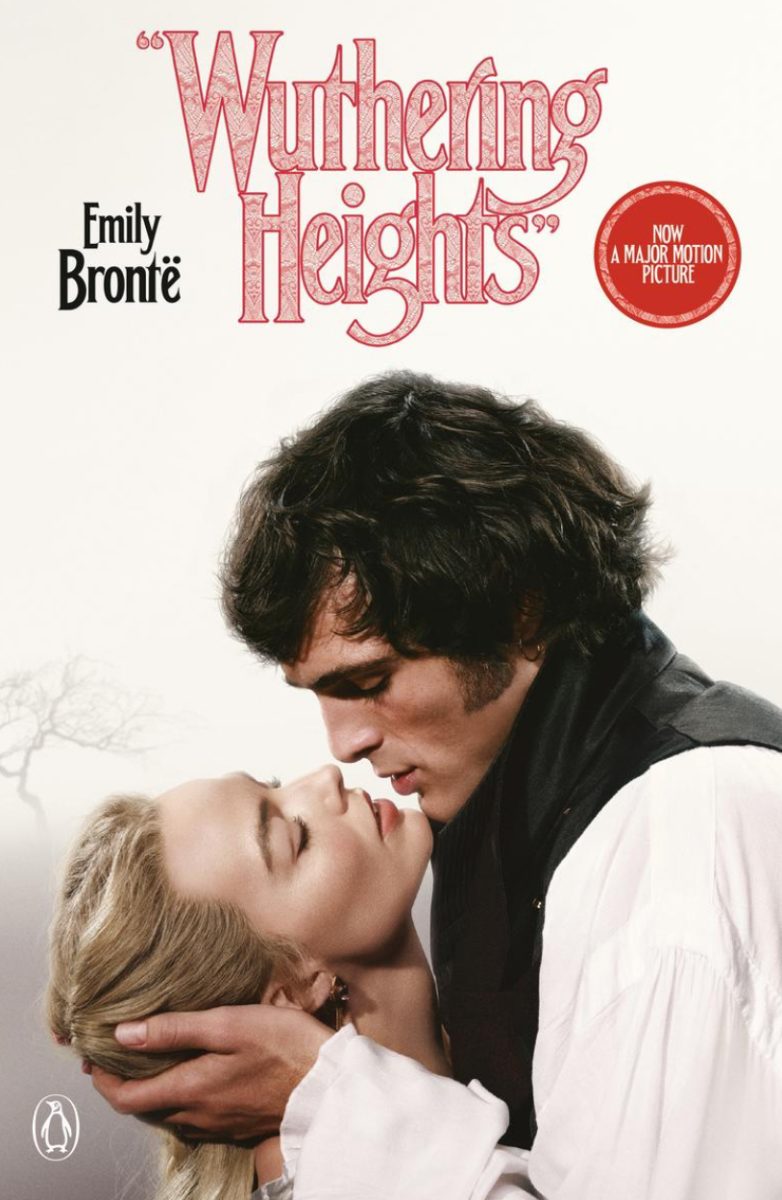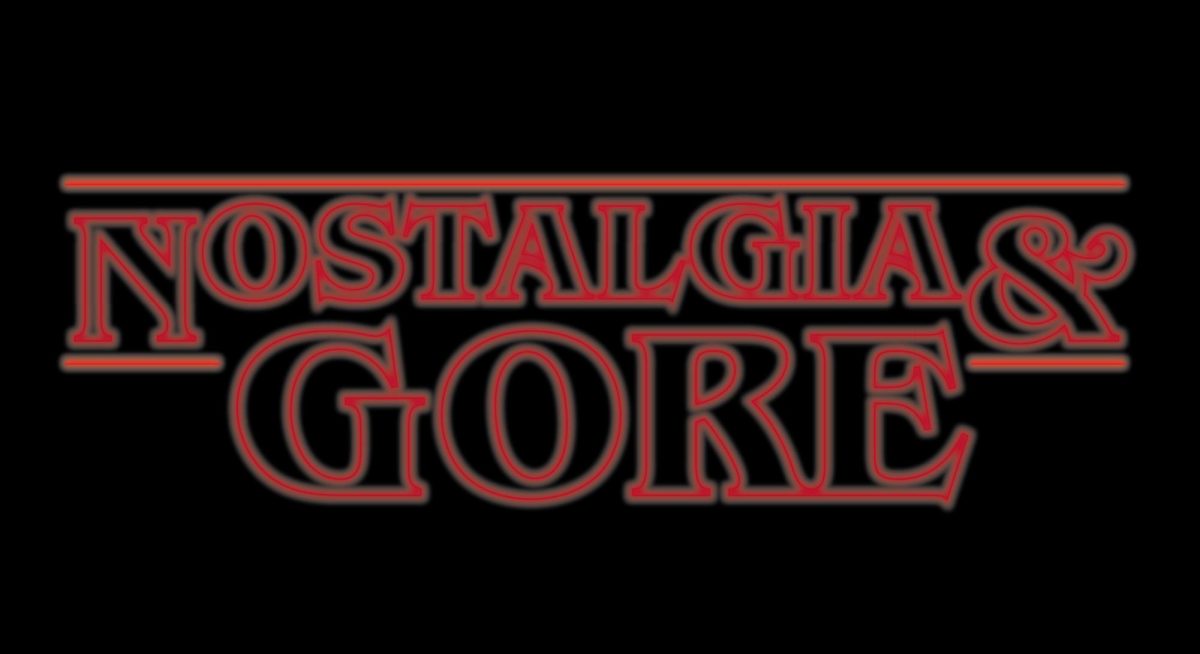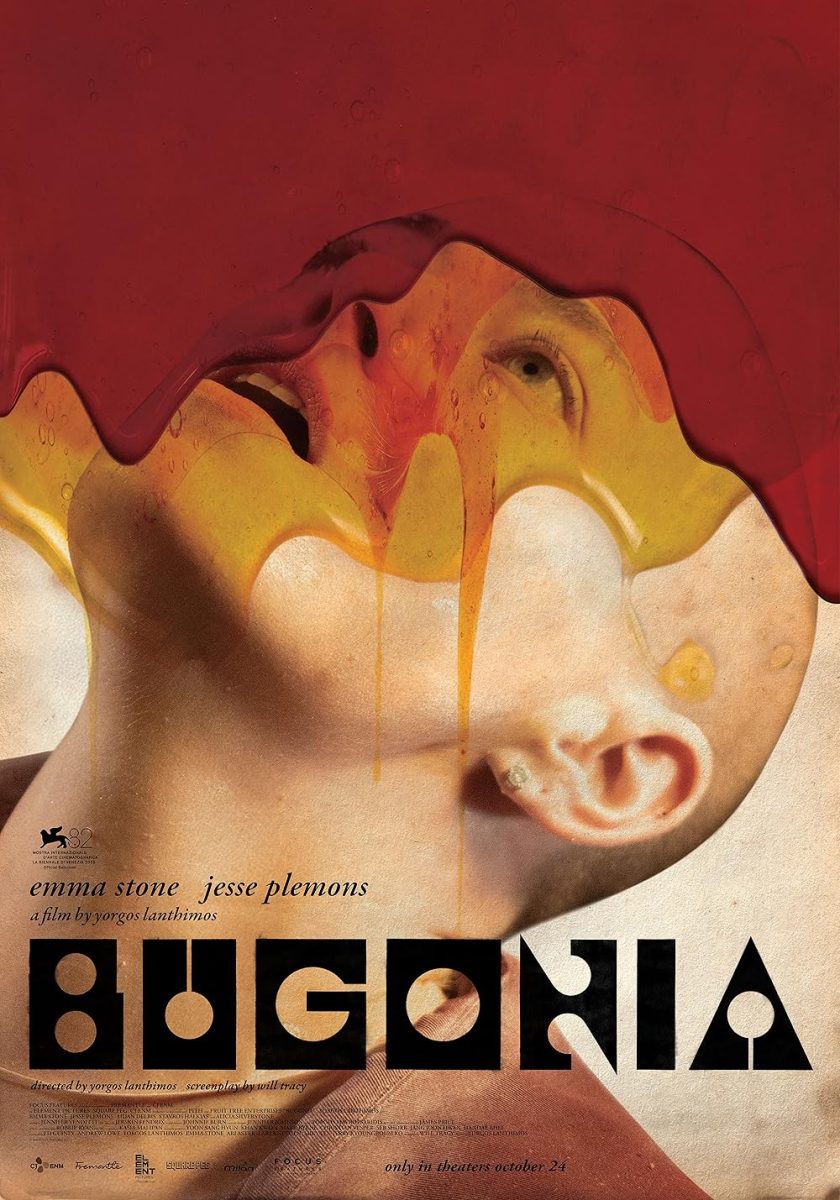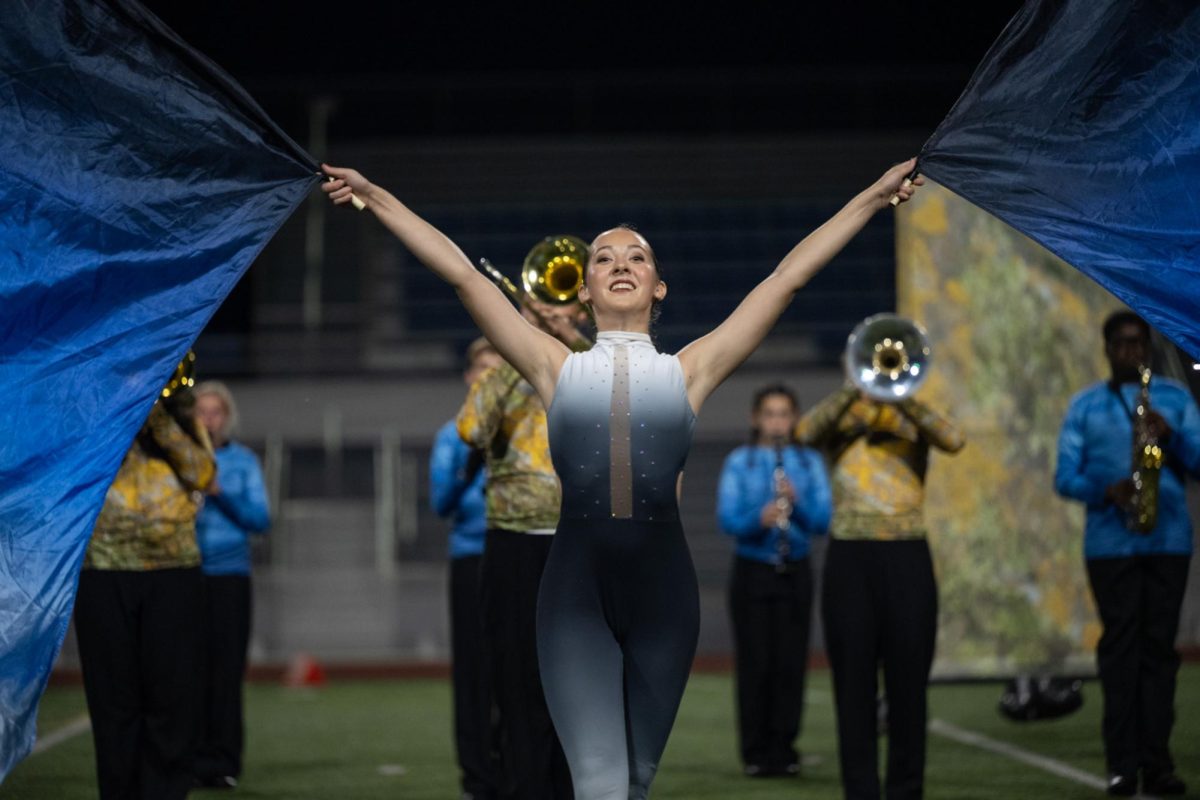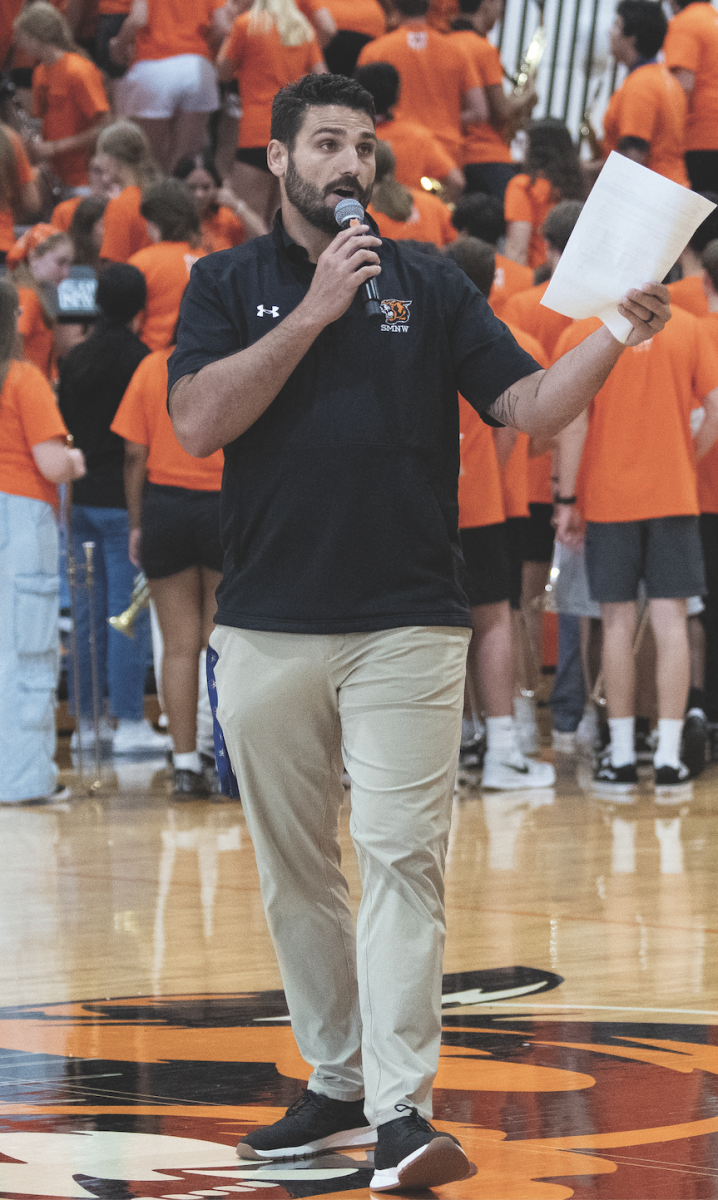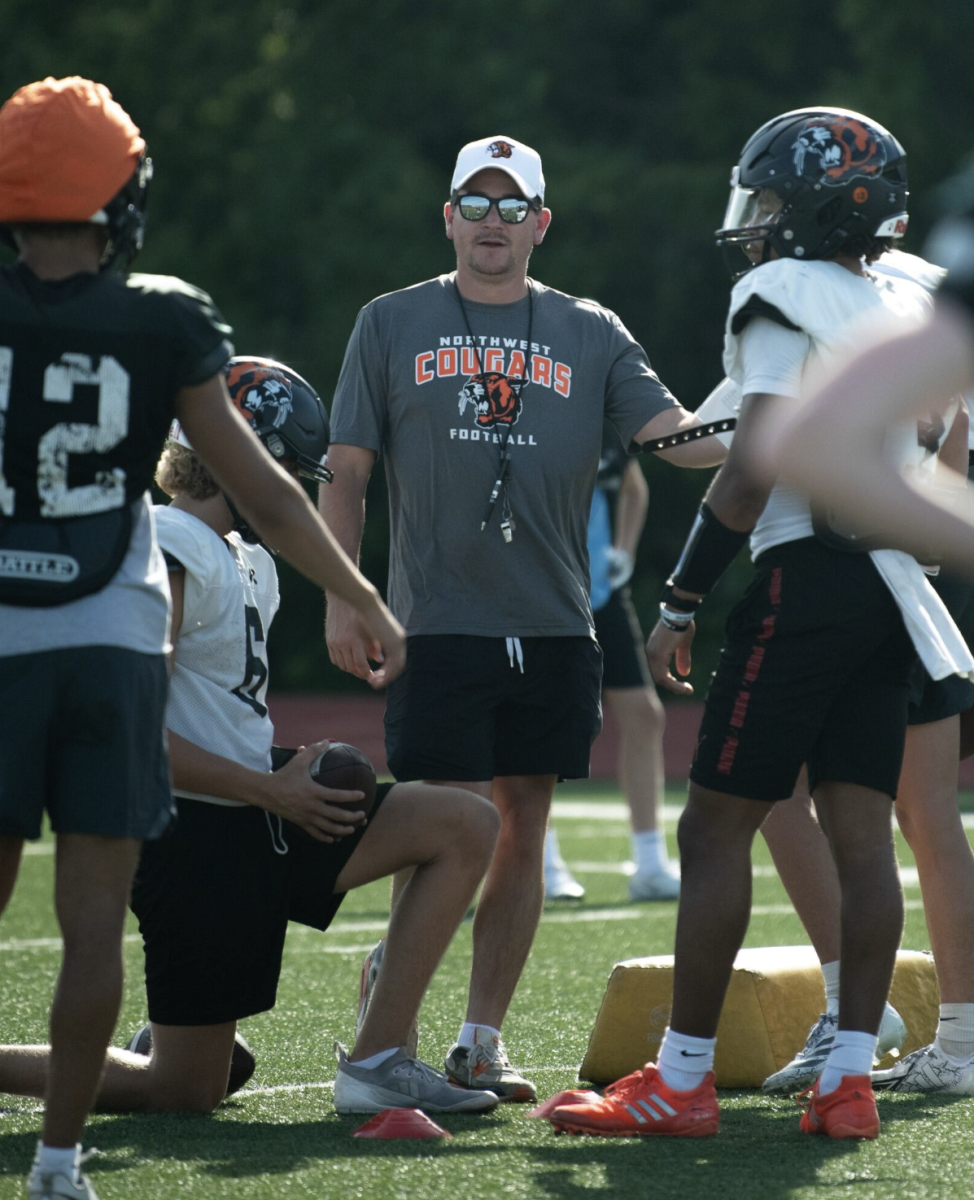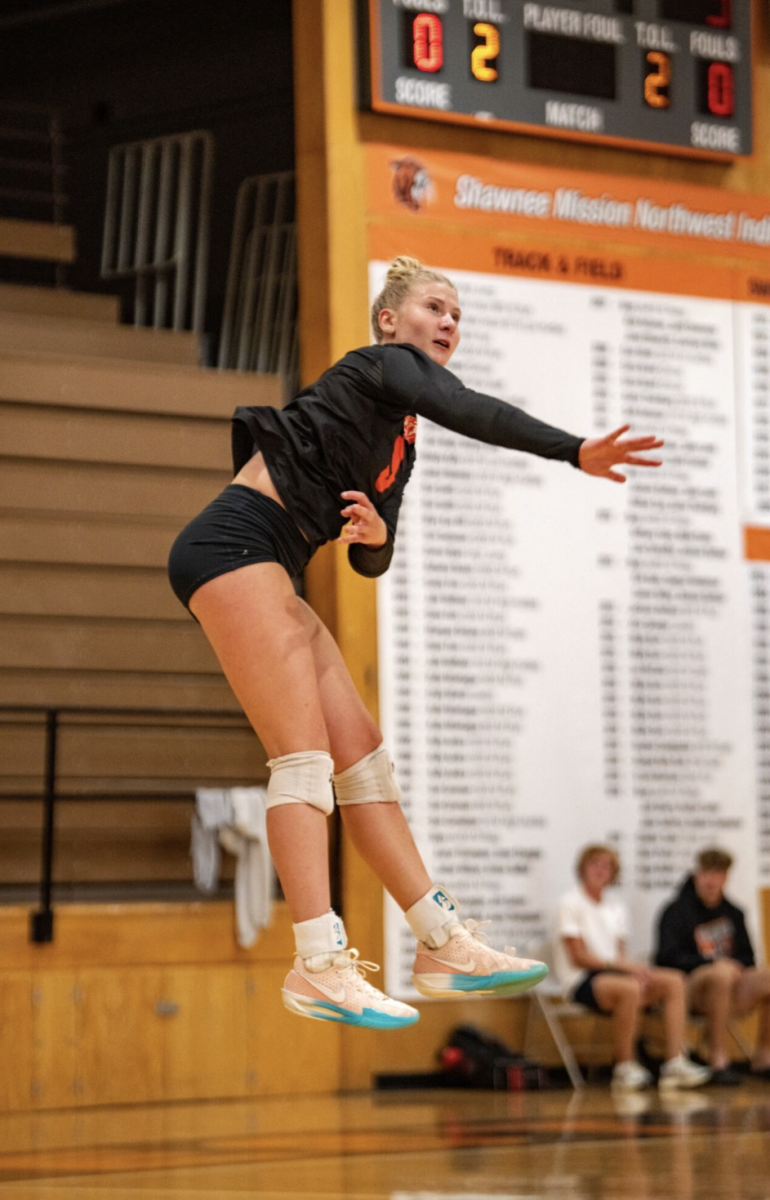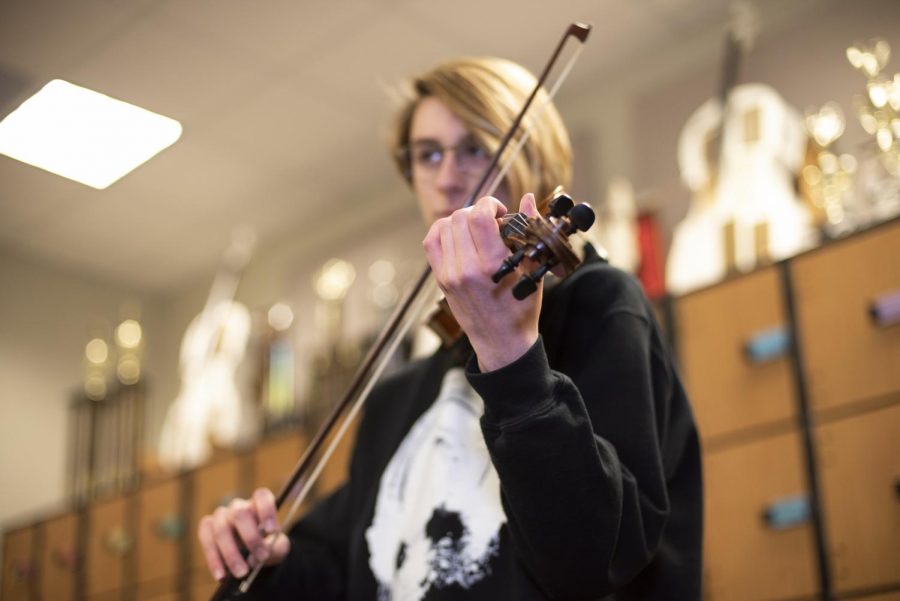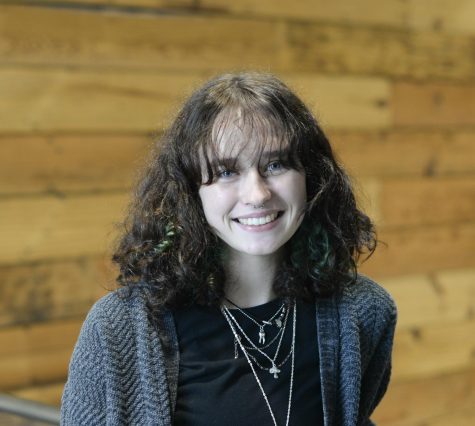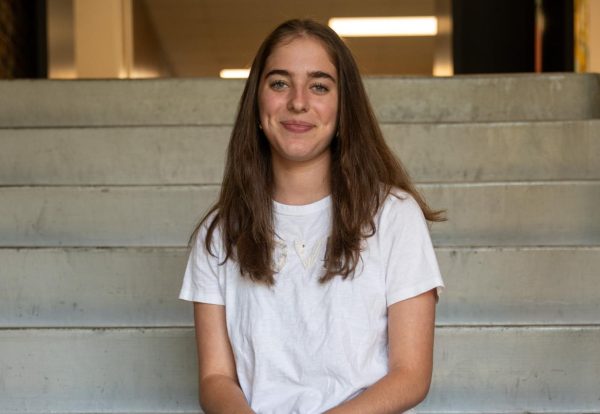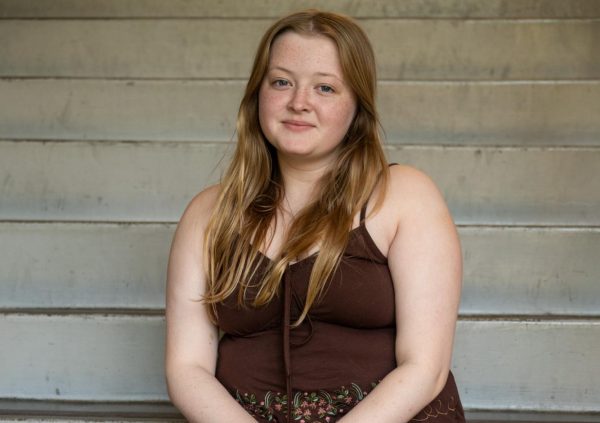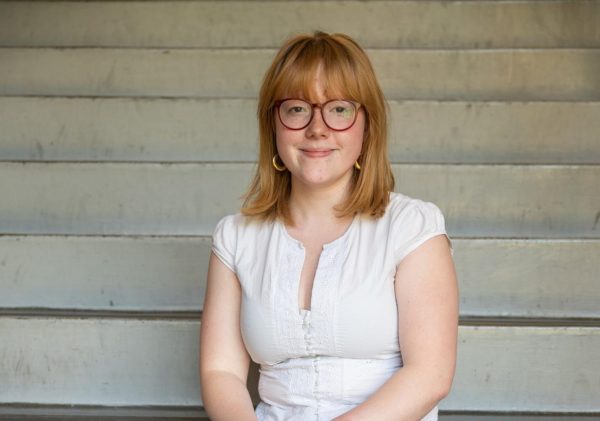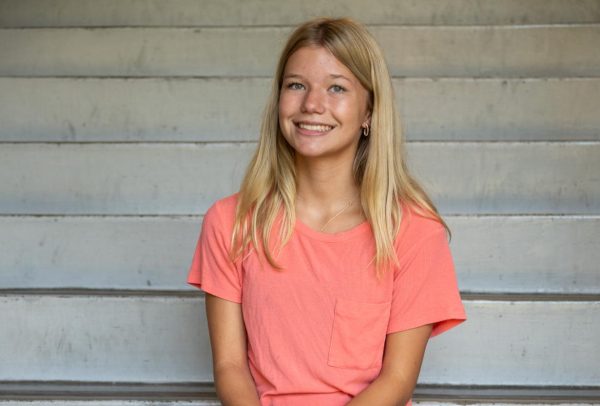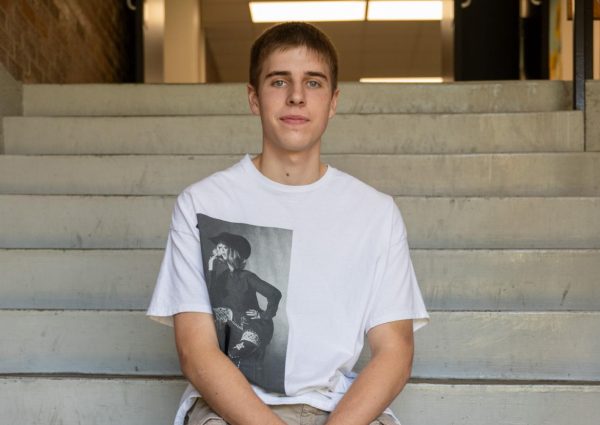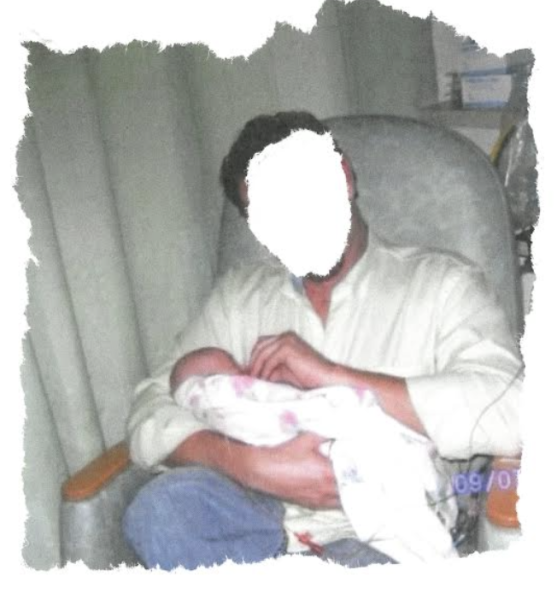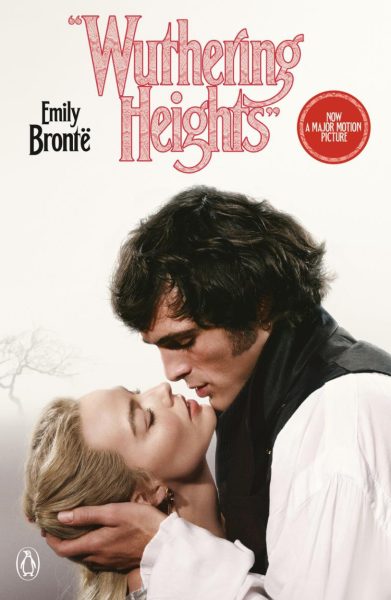Calm and Composed
Junior Skye Bishop experiments with music to create new and unique sounds
January 30, 2020
As the orchestra class plays each note, junior Skye Bishop grins. The song progresses and Bishop becomes emotionally overwhelmed as they hear the sounds they composed.
“This was the first time I’ve ever had a song be used for something other than just me uploading it,” Bishop said. “I had actual people playing, which was really cool.”
Bishop has played violin for 11 years, piano for six and drums for two. They are very passionate in the field. Bishop began writing music about four years ago and uploaded their work on YouTube. Between writing, playing and listening to music, their life is filled with different tunes and melodies.
“In fact, I started out doing dubstep I don’t know how many years ago,” Bishop said. “I kind of switched more to beats and seeing what kind of sounds I can get. Just weird stuff. I also do a more industrial sort of thing. I’ve gotten into that more recently.”
About four years ago, Bishop began writing music. Since then, Bishop has been using any free time to listen and gain inspiration for upcoming pieces.
“I sacrifice the time I would spend writing or playing for orchestra,” Bishop said. “If listening to music is the only thing I’m doing, I spend quite a bit of time over weekends, maybe four hours minimum.”
In the past, Bishop has temporarily lost interest in music, but always returned.
“Usually something new with my listening ,” Bishop said. “It’s always a struggle looking for new inspiration and finding something, at least for me. I, honestly, get bored really quickly, so I’m switching if I can create something new in each genre.”
Bishop’s first composition, for a non-traditional quartet (three violas and one violin) was first performed as an orchestra class project during the first semester.
“I wanted to write and decided it would be cool to experiment with key signatures that aren’t typically used,” Bishop said.
Orchestra director Brittany Wasko, who assigned the project, said she thought the original piece had not been written for this particular group of instruments.
“It kind of evolved into that once they knew who was in their group and what they wanted to play,” Wasko said. “I thought it was great. It was very different than all the other pieces that the rest of the class did. It was really well suited for that group of students.”
Although experimenting with creative key signatures was a big component of the project Bishop is most proud of, those key signatures also made it the most difficult to compose.
“I feel like working with the new key signature , because the program I was using was not used to dealing with stuff like that,” Bishop said.
With technology being a large part of Bishop’s composing process, they are familiar with the ins and outs of a variety of programs.
“Yeah, there’s actually a lot of technology, like modular synthesis,” Bishop said. “Modular synthesis is basically something where you can make your own synthesizers by piecing together a bunch of smaller pieces, which all have their own little purpose. The benefit of it is you can put effects together in pretty much any order you choose, giving you more control over the sound… I use a free version of it. The real thing thousands of dollars. The program I use, VCV Rack, emulates real synthesizers.”
Although Bishop usually works independently, they have had several collaborative projects.
“It’s usually just me, but I have worked with other people before and I want to work with more people as well,” Bishop said. “In fact, I worked with Tré Mutava. He released an album and I played on two songs on that. It was a lot of fun.”
Bishop has found a calling in music. They plan to go to college for music and find a career in music composition .
“I love listening to what other people come up with.” Bishop said. “Everybody has their own sort of ideas for what something can sound like and hearing something that’s totally different is always exciting.”


